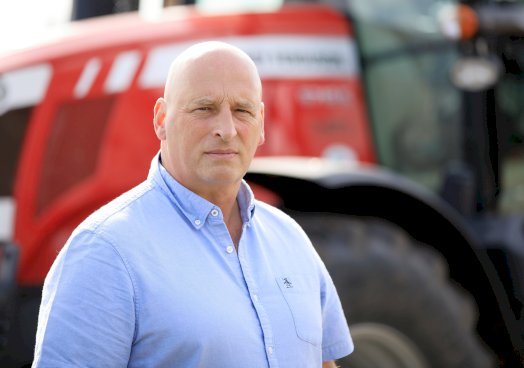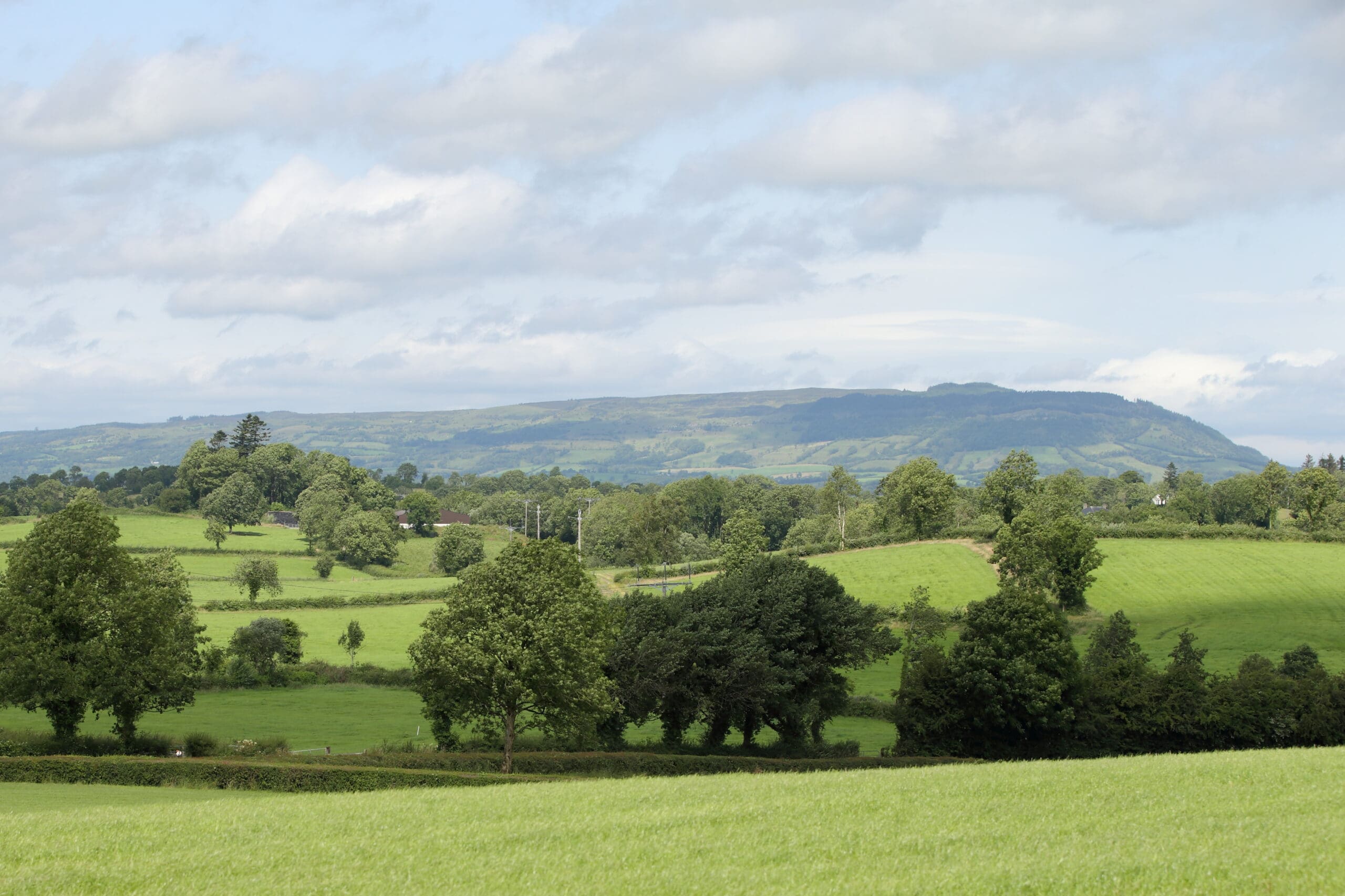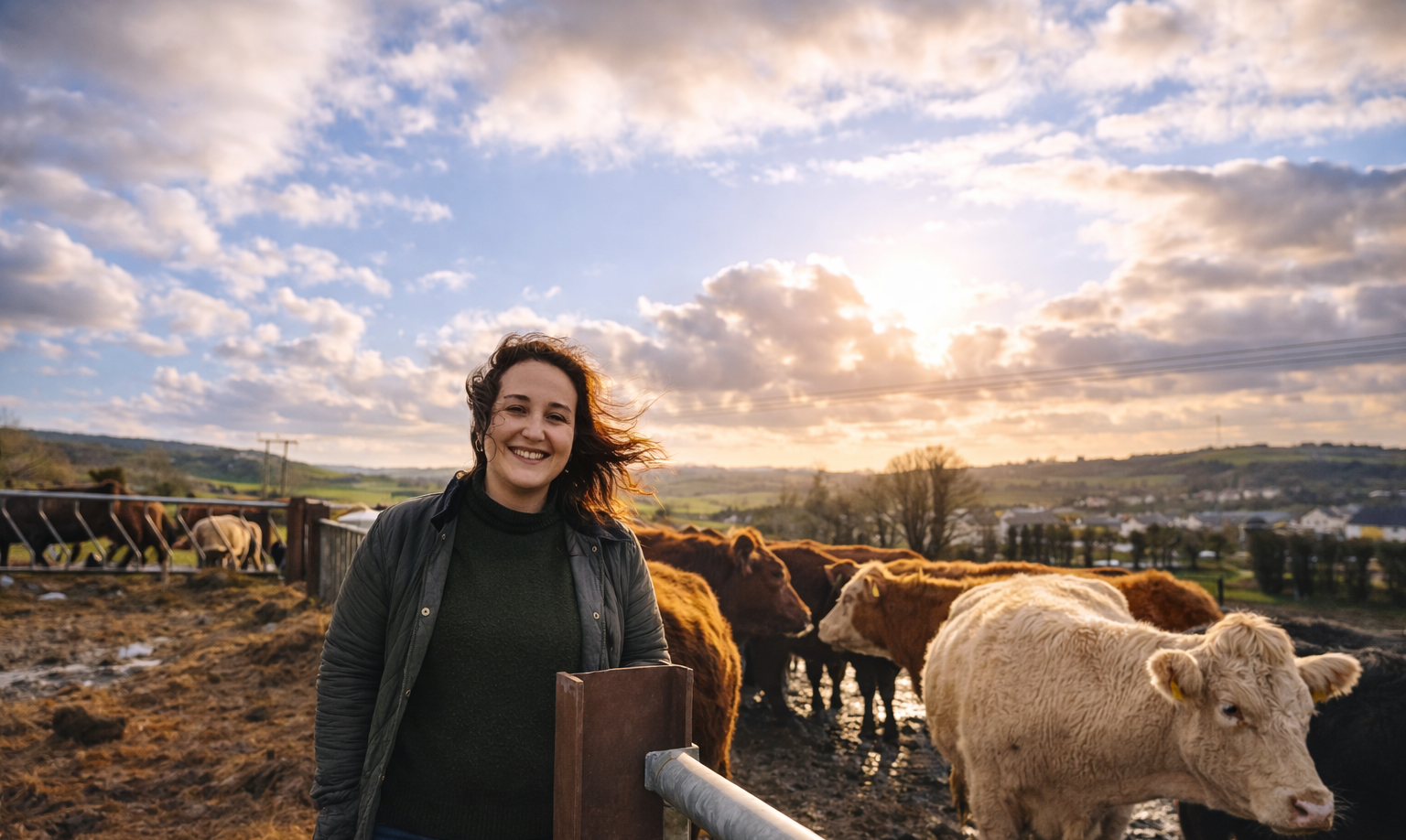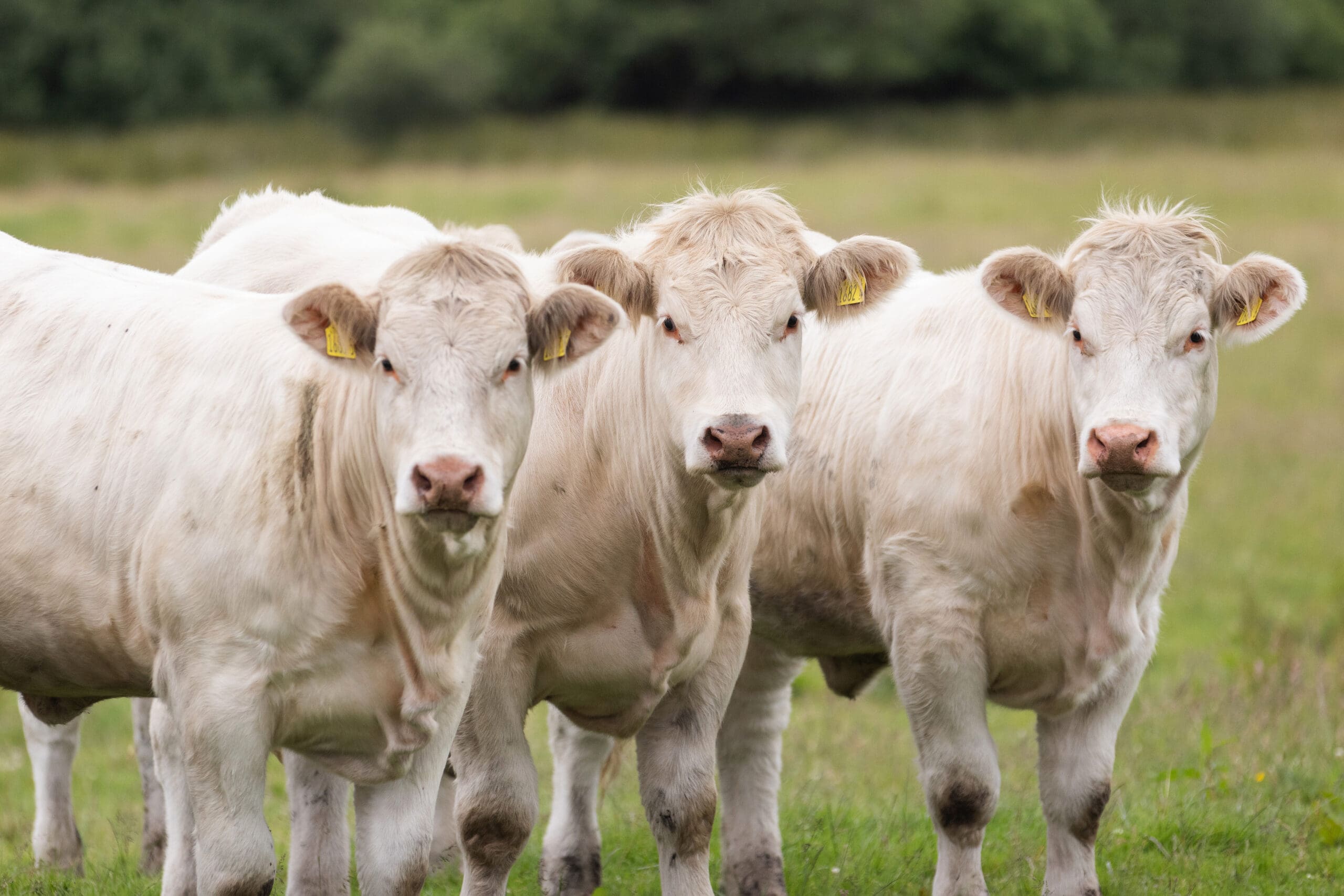
The Ulster Farmers Union (UFU) says while inflation dropped slightly in April and is forecast to fall further in the months ahead, food prices remain 19% higher than last year, but farm gate prices have not kept up with the pace.
UFU deputy president John McLenaghan said, “There has been a lot of coverage recently about food prices coming down, but since food inflation began off the back of the war in Ukraine, farm gate prices have lagged behind. Meanwhile, input prices rose, increasing the cost of food production and today, feed, fertiliser and energy prices remain high. The gap between the price of food consumers pay and what farmers receive for their produce is vast and highlights a dysfunction in our food system. Even more so, retailers and feed and fertiliser importers recently revealed major profits over the past year.
“The major issue is that if farm businesses aren’t financially viable, output will decrease, food supply will decrease. The food system as it is, is not sustainable which impacts us all. In Britain there is a shortage of eggs. Therefore, the price has risen for consumers. While avian influenza is a contributor, so is the poor returns that egg producers were receiving which resulted in farmers leaving the sector reducing egg supply and putting prices up.
“There is a big focus on farms being environmentally stable and rightly so, however, there is a lot less talk about farming needing to be economically sustainable. This is extremely important too and critical to food security.”
Press coverage has also highlighted that food prices are rising at a higher rate than inflation over the past year, but this can be misleading. For the last 20 years, food prices have been completely out of step with inflation.
“For the past two decades, food prices have been fairly static and are only catching up with inflation now. This isn’t sustainable but a cheap food policy is not the answer either.
“In the current food system, farmers are ‘price-takers’ because they cannot set the price for their produce making them extremely vulnerable when difficult times arise like the current cost-of-living crisis. To date, they have been forced to absorb the extra expense like it’s solely their responsibility which is wrong when others in the supply chain are making large amounts of money. Farmers may produce food, but it’s always forgotten that they’re consumers too, managing the same rising house bills coupled with increasing farm business expenses. It’s simply impossible for farmers to sustain this in the long term, and the only solution to protect our local food security is a robust food system that works for everyone,” said Mr McLenaghan.




